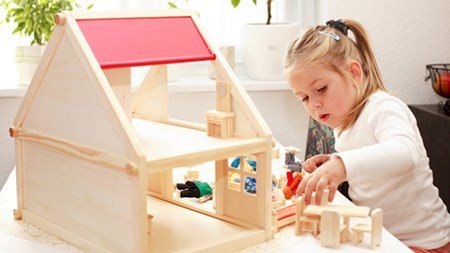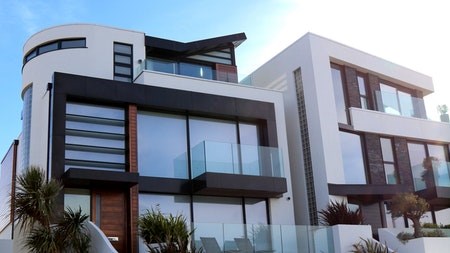Although the latest interest rate hike isn’t really going to make that much difference to the amount payable on your bond – right now – the fact that there have been two recent increases, coupled with the uncertainty of what the future holds, could well be causing some to reconsider buying.
But is this wise, and could the decision to adopt a wait-and-see approach prove to be a costly one in the long run?
The short answer is yes, at least 99% of the time, says Richard Grey, CEO of Harcourts Real Estate. He also notes that if you have taken a decision to buy a home, it’s best to do so sooner rather than later.
Buy sooner rather than later
He points out that there are some very good reasons for young people to embrace home ownership as soon as possible. These include:
When you retire, your home will hopefully be paid off and you will have complete security of tenure. You will not have to worry about the cost of your accommodation rising, in terms of rent increases, when you are quite possibly living on a fixed income.
You can finance your home more easily. At the moment, from a historical perspective, interest rates are still extremely low so it is easier to qualify for a home loan now than it is likely to be in a year or two when rates may be higher and home prices will definitely have gone up. In addition, having a lower home loan repayment to make now should enable you to pay in an additional amount each month, which will not only protect you against future interest rate increases, but will shorten the overall repayment time on your home and save you thousands in the long run.
You can really customise your home. When you buy a property, you can redecorate, renovate and improve it as you please. You can, for example, install insulation, solar panels and a heat pump to make it more energy-efficient and so cut your utility bills, without having to ask anyone’s permission.
You can use your home to earn extra money. When you own the property, you can rent out a spare room or garage, for example, or use some space to accommodate a weekend or home-based business that will bring in additional income.
Your home can help you financially. The value of the property keeps growing while the amount you owe on your home loan decreases. After a few years, you should be able to use some of this equity to pay for a child to go to university, for example, or perhaps to invest in a second property.
Build up equity
“Alternatively, once you have built up some equity in the property, you may decide to sell it and use that ‘profit’ to buy a better property,” says Gray.
“Or if you are ready to retire, you may well find that this amount is sufficient to enable you to buy a smaller home outright and keep your retirement fund intact.
“In short, home ownership will give you an increasing range of financial and wealth creation options over the years, which will definitely not be the case if you just continue to rent.”
It’s pretty evident that the pros of owning your own home far outweigh the cons. Yes, you are going to have to maintain your own property and yes, you may be at the mercy of the Reserve Bank’s decision to hike interest rates. However, these increases will eventually affect everyone in one way or another, including those who choose to rent.




